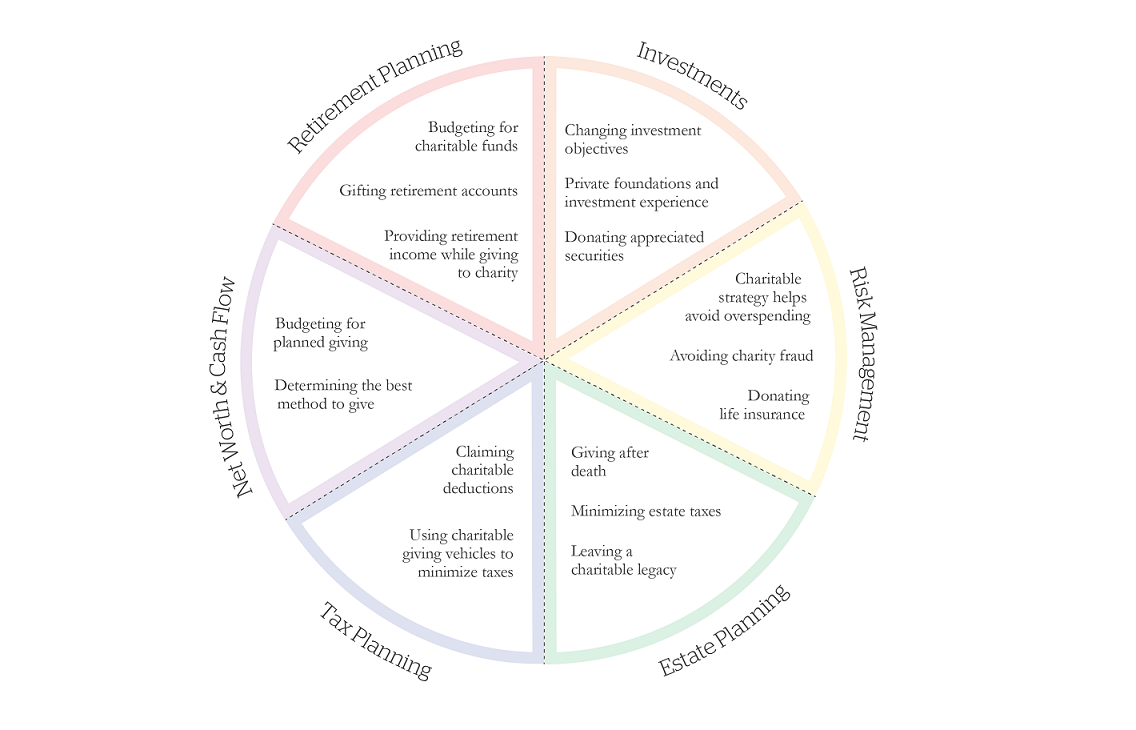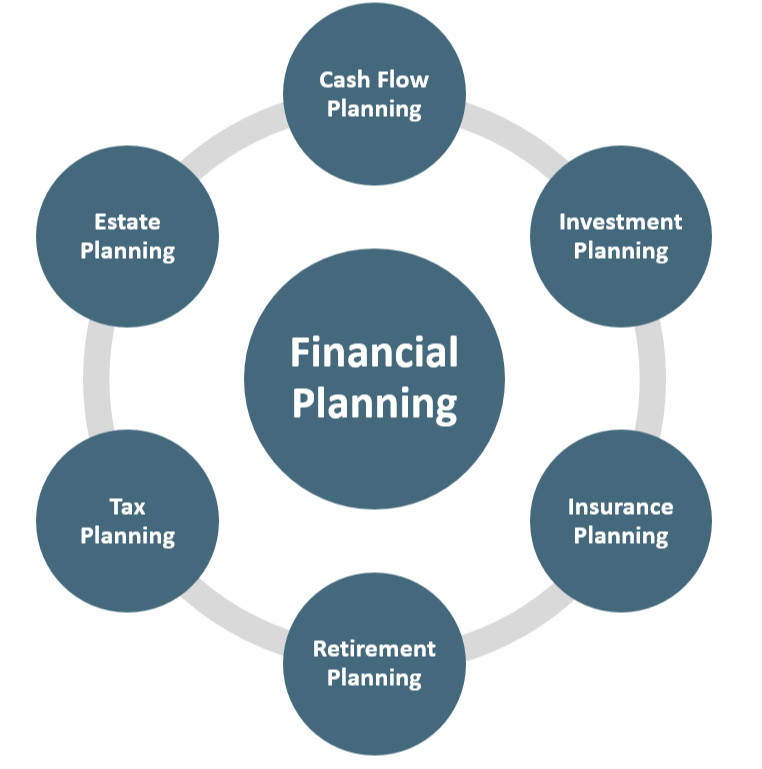Emergency Funds: The Key to Financial Security
Financial stability is a goal that many people strive to achieve. One essential component of achieving this goal is having an emergency fund. An emergency fund is a separate savings account specifically designated for unexpected expenses or financial emergencies. It serves as a safety net that can provide peace of mind and financial security, allowing individuals to navigate through challenging times without resorting to debt or jeopardizing their financial well-being.
The Importance of an Emergency Fund
Having an emergency fund is crucial because life is unpredictable. Unexpected events such as medical emergencies, car repairs, or sudden unemployment can happen to anyone. Without a sufficient emergency fund, individuals may find themselves relying on credit cards, loans, or borrowing from friends and family to cover these expenses. This can lead to a cycle of debt and financial stress.
By having an emergency fund, individuals have a financial cushion to fall back on in times of crisis. It provides a sense of security and reduces anxiety related to unexpected expenses. Knowing that there is money set aside for emergencies allows individuals to handle these situations without derailing their long-term financial goals.
Building an Emergency Fund
Building an emergency fund requires discipline and commitment. Start by setting a realistic savings goal based on your monthly expenses and income. Aim to save at least three to six months’ worth of living expenses. This amount can provide a sufficient buffer to cover most emergencies.
Consider automating your savings by setting up automatic transfers from your primary bank account to your emergency fund. This way, a portion of your income is automatically saved without the temptation to spend it elsewhere.
It’s important to remember that an emergency fund should be easily accessible. Consider keeping it in a separate bank account or a money market fund that offers a higher interest rate compared to a regular savings account. This ensures that the funds are readily available when needed.
Using the Emergency Fund
An emergency fund should only be used for genuine emergencies. It’s essential to distinguish between wants and needs. Non-essential purchases or discretionary expenses should not be funded by the emergency fund.
When faced with an unexpected expense, assess the situation and determine if it truly qualifies as an emergency. If it does, use the funds accordingly. If not, explore alternative options such as budget adjustments, negotiating payment plans, or seeking financial assistance from relevant organizations.
In conclusion, an emergency fund is a vital component of financial stability. It provides a safety net during unexpected events and prevents individuals from falling into debt or financial distress. Building and maintaining an emergency fund requires discipline and commitment but is well worth the effort. By having an emergency fund, individuals can face the uncertainties of life with confidence, knowing that they have a financial cushion to rely on.





